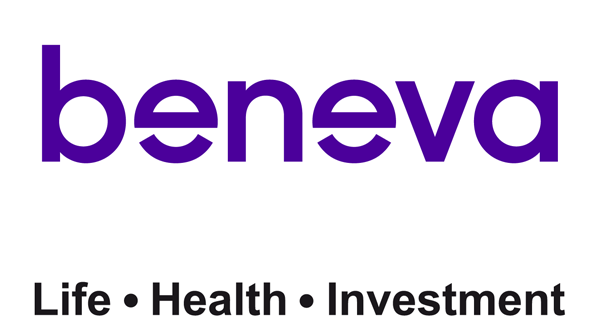News
Things to Keep in Mind Concerning the Canadian Dental Care Plan
Although an agreement with the Québec government has yet to be reached, the federa...
We are living in a digital age. Without realizing it, we manage and generate a phenomenal amount of electronic information. What will happen to your digital assets when you die? Who will have access to and inherit them?
Whether we’re talking about photos, videos, emails, investments, bank services or payment systems, our digital assets are increasing. They all require user names, passwords and access codes.
To prevent your digital estate from becoming a nightmare for your loved ones, here’s some advice on what to do.
Make an exhaustive list of your accounts, profiles and other digital assets. Create a document, and update it each time you log on, with the name of the sites you visit, the URL links, passwords, answers to secret questions, etc. Don’t forget to update the list regularly and keep it in a safe place.
Also, there are applications, such as True Key from Intel that can help you manage and centralize your passwords.
What will happen to your Facebook, Instagram, PayPal, and Bitcoin accounts when you die? With whom do you wish to leave your photos?
Write down specific instructions: this is your digital will! You can also name a digital executor, who can be different from the executor of your will.
In the last years, several online services have started up to help individuals plan their digital death. One downside: These services do not all have the same level of security and confidentiality.
To avoid unpleasant surprises, we recommend you consult a trusted professional, such as your financial security advisor or notary.
They can steer you through the intricacies of digital estates and advise you on the best choices for preserving your virtual heritage.
Here’s to a long life for you and your digital estate!

*Beneva designates Beneva Inc., Financial Services Firm.